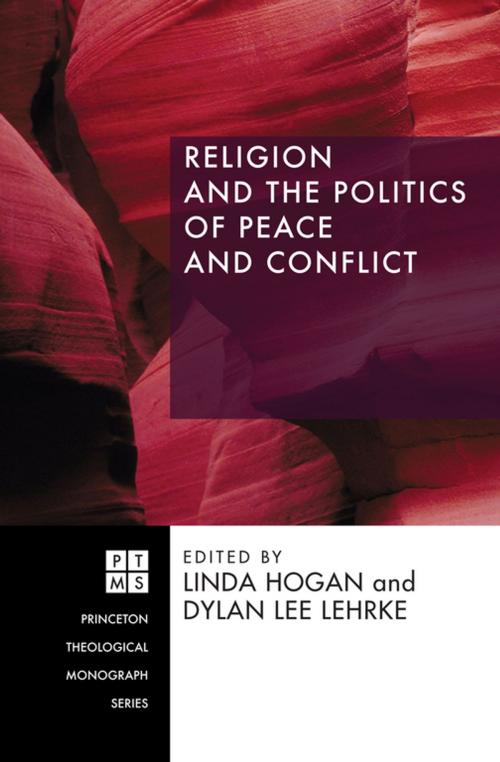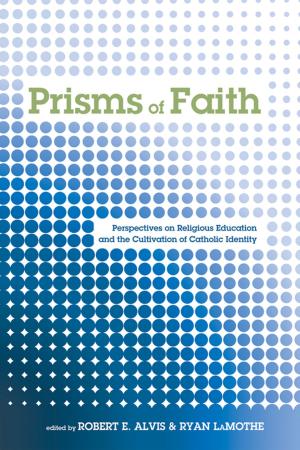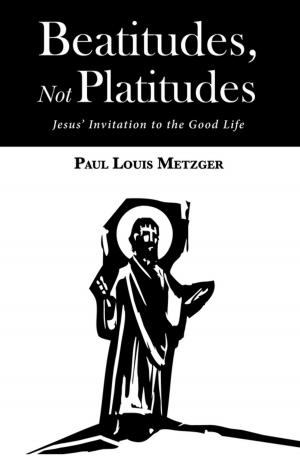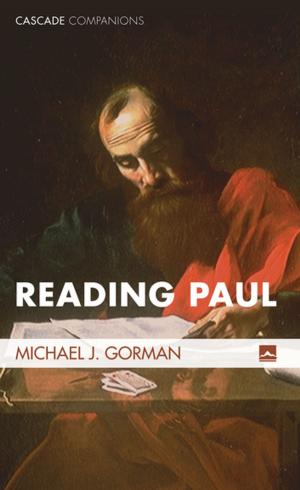| Author: | ISBN: | 9781630878238 | |
| Publisher: | Wipf and Stock Publishers | Publication: | January 1, 2009 |
| Imprint: | Pickwick Publications | Language: | English |
| Author: | |
| ISBN: | 9781630878238 |
| Publisher: | Wipf and Stock Publishers |
| Publication: | January 1, 2009 |
| Imprint: | Pickwick Publications |
| Language: | English |
The connections between religion and violence are complex and multifaceted. From the conflicts in Middle East and the Balkans to those in Southeast Asia and beyond, religion frames and legitimates political violence. Moreover, in international relations since 9/11, religious language and metaphors have acquired a new significance. In this context the emerging consensus appears to be not only that violence is intrinsic to religion, but also that religions incite, legitimate, and intensify political violence. However, such an unambiguous indictment of religions is incomplete in that it fails both to appreciate significant counter examples and to recognize the diversity that exists within religions on the issue of violence, particularly the religious roots of pacifism and the ethics of non-violence. This collection explores aspects of this ambivalence between religion and violence. It focuses on traditions of legitimation and pacifism within the three monotheistic religions: Judaism, Christianity and Islam, and concludes with an examination of this ambivalence as it unfolds in each tradition's engagement with the politics of gender.
The connections between religion and violence are complex and multifaceted. From the conflicts in Middle East and the Balkans to those in Southeast Asia and beyond, religion frames and legitimates political violence. Moreover, in international relations since 9/11, religious language and metaphors have acquired a new significance. In this context the emerging consensus appears to be not only that violence is intrinsic to religion, but also that religions incite, legitimate, and intensify political violence. However, such an unambiguous indictment of religions is incomplete in that it fails both to appreciate significant counter examples and to recognize the diversity that exists within religions on the issue of violence, particularly the religious roots of pacifism and the ethics of non-violence. This collection explores aspects of this ambivalence between religion and violence. It focuses on traditions of legitimation and pacifism within the three monotheistic religions: Judaism, Christianity and Islam, and concludes with an examination of this ambivalence as it unfolds in each tradition's engagement with the politics of gender.















